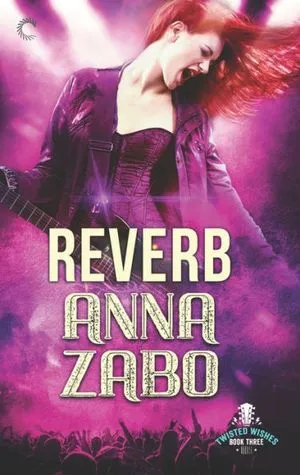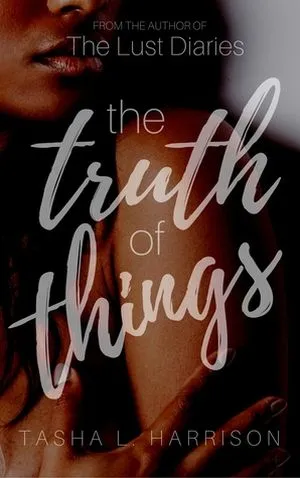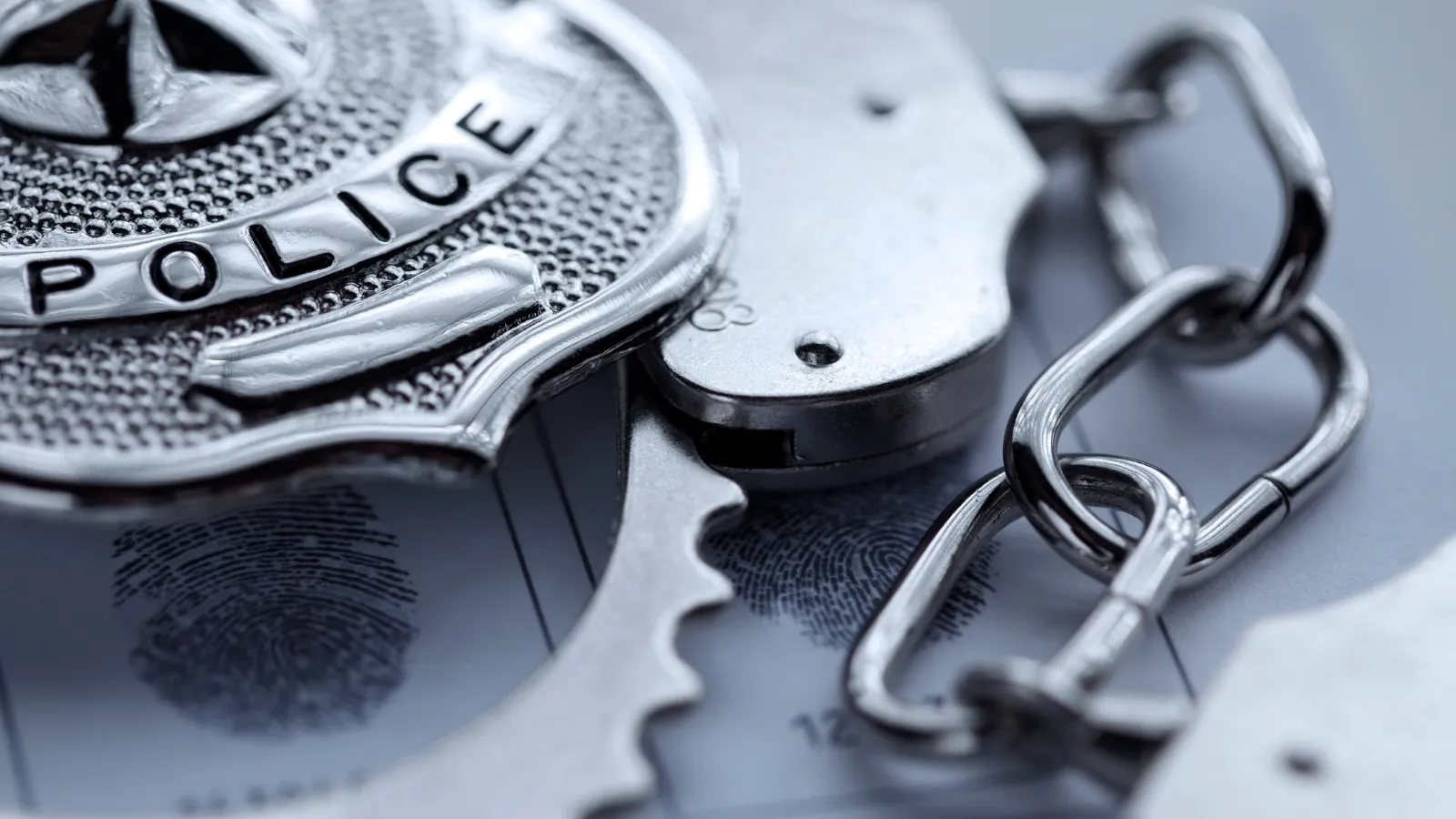Meet Officer Friendly: Copaganda in Romance Novels
Dun dun.
In the criminal justice system, the people are represented by two separate yet equally important groups: The police, who investigate crime, and the district attorneys, who prosecute the offenders. These are their stories.
Am I doing this wrong? I thought this was the place to talk about copaganda.
Oh!…In romance novels, you say? Right, that’s a totally different show.
What do you think of when you hear the word “copaganda”? In my fellow Rioter Alice Nuttal’s piece “Barrels of Bad Apples: Copaganda in Crime Novels,” she says,
Copaganda, an overtly positive representation of the police, is a media trope that has existed for several decades. Palika Makam defines copaganda as “police departments…[depicting] themselves as kind, heroic, fun-loving community members whose niceness can outweigh the actions of a few ‘bad apples’.”
So, how do we see that played out in romance novels?
Well, my friends, we see that fun-loving, Nice Guy cop role played out here, there, and everywhere, not just in books where the protagonists are police officers, either. No, we’ve got private investigators, county and country legislatiors, the works. Some might say that Red, White & Royal Blue has the ultimate cop in the manifestation of President Claremont-Diaz. (Others have argued with me on that, but I stand by my point: The President is a Cop.)
Essentially, when it comes down to it, there are more romance authors who write their law enforcement protagonists of various types in an “overtly positive” light than offering any level of nuance, especially when it comes to racial prejudice, the horrors of police brutality, or the systemic ways in which everyone — not just BIPOC civilians — are negatively affected by the criminal legal system. These cops are always “one of the good ones,” even if the idea of a Bad Cop comes up at all — especially when it comes to small-town sheriffs and their deputies.
There Are No Bad Cops in Ba Sing Se.
Law Enforcement in Romance Novels
The past few years have seen a decrease in the number of police officers and their ilk appearing on the covers of romance novels, but we still have a core group of them. Once upon a time, we might have seen a police uniform on a romantic comedy or inspirational romance, but now, for the most part, we tend to see Men With Guns (and less often other people with guns) on the covers of romantic suspense novels. Even then, they’re not often city policemen. They might be private security or private investigators. This doesn’t mean there aren’t law enforcement in romance; it just means they’re not being depicted as such, even when their representative characters are depicted on the covers.
And when it comes to representation that I’ve seen, these are the main three archetypes:
The Small-Town Sherriff
This is the person we see most in our travels. When a person, often a cis woman but sometimes a cis gay man, moves to a new small town or must return to the one where they grew up, the first person they encounter is the town’s sheriff. Maybe it’s because that person is their sibling’s best friend. Maybe they ran a stop sign. Either way, this person is grumpy but just, and always trying to do the best thing. They might be working to run out the local bad actors, but truly, they’re just here for you to fawn over them in uniform and maybe to threaten someone who is making you feel uncomfortable.
The Soldier/Protector
Once a military person, this law enforcement character has trouble adjusting to civilian life. So they do the next best thing: private security. Sometimes, that means they’re hired to protect someone who has found themselves part of some big to-do; other times, they just happen to stumble over some poor woman trying to stay out of the firefight. Either way, they end up on the run, protecting their new personal nemesis from some syndicate or other who is trying to kill them for hearing a codeword that they can’t decipher. This person is a no-nonsense, act now, ask questions later kind of companion, and will often yell at you for not doing what they told you to do and then getting kidnapped while they were out monitoring the perimeter of the secluded cabin where he’s taken you to get away from your stalker.
The Crime Solver
Whether they are a detective or a private investigator, this person is going to be specifically looking for clues regarding a crime when they stumble across the protagonist someplace they definitely aren’t supposed to be. This can be particularly interesting when they’re some kind of supernatural detective, trying to figure out why this group of gargoyles got smashed to rock pieces when some random blonde appears in the alley where the majority of the pieces are — and it turns out said blonde is actually their new partner! They work alone and don’t have time to show you the ropes, but they suppose they’ll have to keep you alive if you’re going to go and get yourself almost killed.
Non-Copaganda Romance Cops
There are always going to be exceptions to the rules, and in this case, those exceptions are written by authors who really want to dig into what it means to be a member of the law enforcement community in this day and age. This becomes doubly important when members of that same law enforcement community are members of a different community: one that has experienced well over a century of contempt from that same group. I’m talking, of course, of Black Americans and other members of the Diaspora who have endured the evolution from slave catchers to the severely anti-Black prison industrial complex. Here are a few books where the complicated issue of being an active law enforcement professional as a member of a systemically excluded group is approached well.

To Catch a Raven by Beverly Jenkins
This might seem like an odd choice because it’s historical romance, but it cleverly displays the way an ambitious law enforcement agent might use Black people in order to get what they want, no matter what the consequences might be. Braxton and Raven don’t know each other, but they’re now stuck with each other when a Pinkerton agent blackmails them into stealing a copy of the Declaration of Independence from a former Confederate’s home. Slavery may have officially ended, but the dichotomy between rights for Black people and white people has never been greater, and these two people must suffer the consequences of a woman, Pinkerton, trying to prove herself in society.

Reverb by Anna Zabo
When David is hired to be a bodyguard for Mish, the bassist for Twisted Wishes, he isn’t sure what it’s going to be like to not only be former military, but also trans. He doesn’t diminish himself or his position, and he and Mish are all the better for it, especially when her stalker gets closer and closer to her. David, as a trans man, knows exactly what the world looks like for someone of a marginalized gender. And he uses the skills he’s learned to make sure the woman he is so easily falling in love with remains safe in his care.
I included this one to show just how easy it is to include seamless discussion of the military, law enforcement, private security, and safety without it feeling like the book is preaching at you. There doesn’t have to be a “see, this is the part where they say ACAB in bright neon letters” for there to be a nice blinking ACAB in a story. (And obviously, this is where I make the disclaimer: Not All Cops and all that jazz. But seriously, as a profession itself…Yes All Cops.)

The Truth of Things by Tasha L. Harrison
The two books that make up The Truth Duet are those once-in-a-lifetime opportunities to be able to swoon over a romance while also digging into the nitty gritty of what it means to be a Black police officer in the United States today. Ava is a photographer and journalist, and the last person she expects to find her happy with is police officer Levi. Officer Friendly, she calls him. The tone is set immediately upon their introduction, in which Ava experiences a level of police brutality that is unfortunately not surprising to anyone. Levi is the one to bring everyone to a cooler head, but unfortunately, that’s not the end of it. The real bread and butter of this depiction of a police officer interested in community policing comes out when someone in Ava’s life suffers the ultimate level of brutality from a police officer — how does Levi, a Black man in a Black community, reconcile his idea of serving said community in the role that he’s chosen? (Please note the content warnings for this particular book.)
In the future, I would love to see every single inclusion of someone in law enforcement — police officer, private eye, whatever — discussing the problems within the legal system. Yes, escapist romance in which no cop is ever bad and every wrongdoer is brought to the right kind of justice is a beautiful idea. But to those of us who are affected by the system working as it was designed to every day, it feels like a kick in the teeth when those problems are ignored. We deserve to see our stories told, to see ourselves offered the opportunity to fall in love in the circumstances we’re dealt on a daily basis. And so, these stories have to be told genuinely — because while fairy tale endings are great, real-life justice is even better.
For more about how books contribute to copaganda, check out Barrels of Bad Apples: Copaganda in Crime Books, Into Their Own Hands: Copaganda in Superhero Comics, and How Books are Used to Perpetuate the Prison Industrial Complex.



